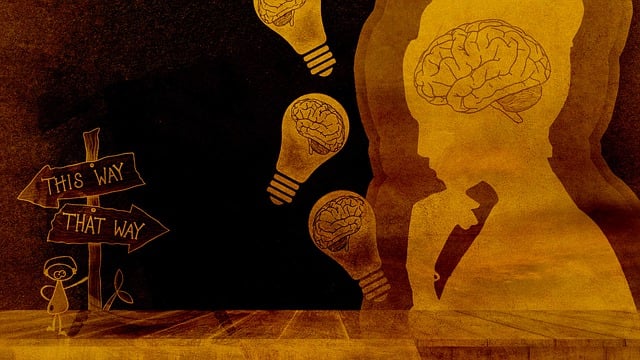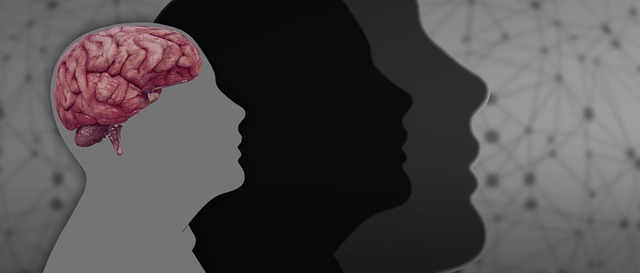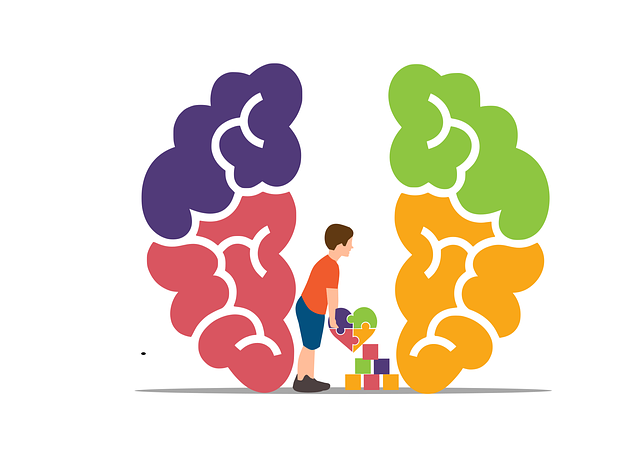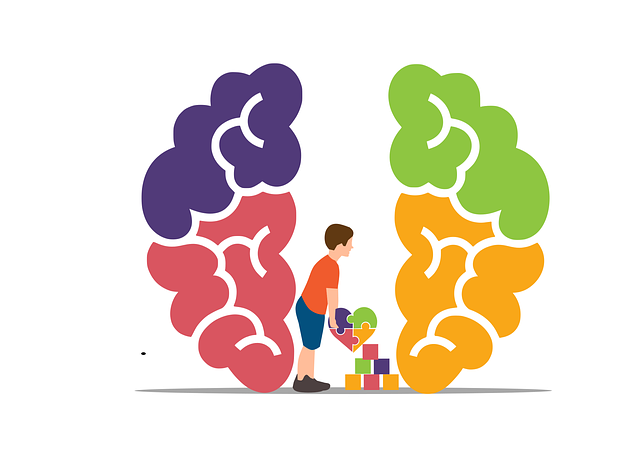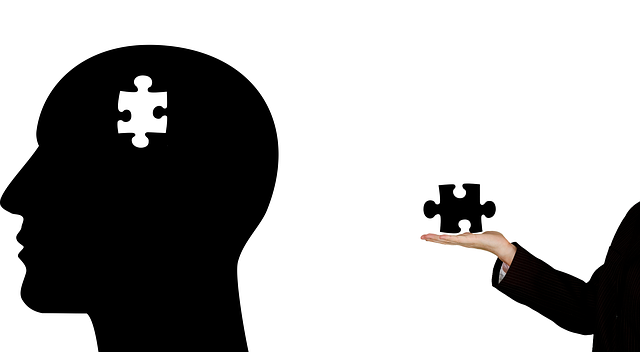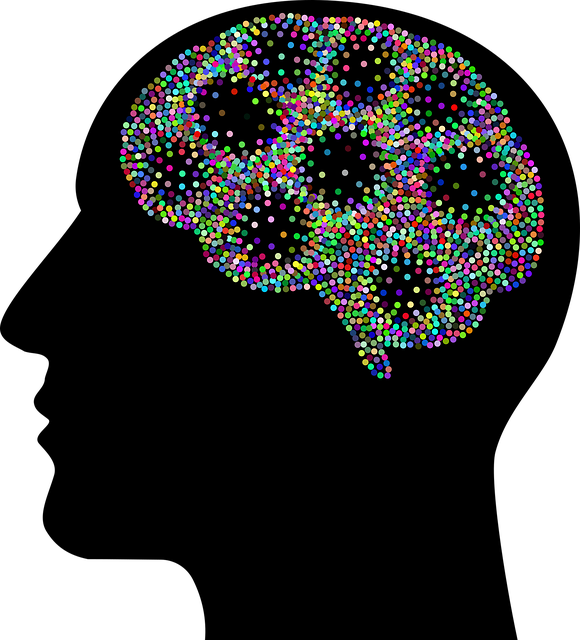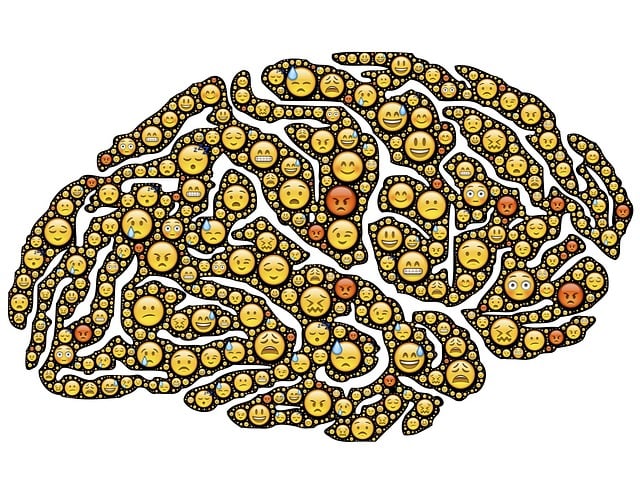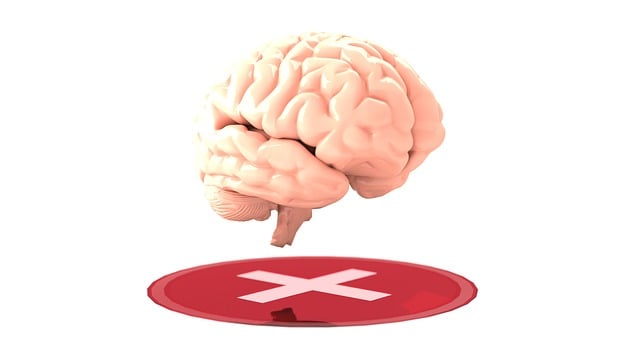Emotional intelligence (EI) is a powerful tool for individuals with eating disorders seeking treatment at Lone Tree Eating Disorders Therapy. By recognizing and managing emotions, empathizing with others, and cultivating self-awareness through mindfulness meditation and journaling, they can improve mental resilience and navigate complex relationships between emotions, thoughts, and behaviors. Social awareness, enhanced through understanding body language cues and perspectives, contributes to better relationship-building and mood management. These skills are pivotal for emotional healing and tracking mental wellness at Lone Tree Eating Disorders Therapy.
Emotional intelligence (EI) is a powerful tool for navigating life’s challenges, fostering healthy relationships, and enhancing mental well-being. In this article, we explore how building EI can significantly impact your mental health, with a particular focus on strategies tailored to individuals seeking treatment for eating disorders at Lone Tree Eating Disorders Therapy. We delve into the foundation of self-awareness, social awareness, and relationship skills that underpin EI development.
- Understanding Emotional Intelligence and its Impact on Mental Health
- Strategies for Developing Self-Awareness: The Foundation of EI
- Enhancing Social Awareness and Relationship Building Skills for Better Communication
Understanding Emotional Intelligence and its Impact on Mental Health

Emotional intelligence (EI) refers to the ability to recognize, understand, and manage one’s own emotions, as well as empathize with others’ feelings. It goes beyond simple emotional awareness; it involves using this understanding to guide thoughts and actions effectively. For individuals dealing with eating disorders like those seeking Lone Tree Eating Disorders Therapy, developing EI can be transformative. By cultivating self-awareness and empathy, they can better navigate the complex interplay between emotions, thoughts, and behaviors that contribute to their conditions.
This enhanced emotional awareness can significantly impact mental health, fostering resilience against stress and adversity. In the context of risk management planning for mental health professionals, understanding EI is crucial as it enables practitioners to provide more nuanced care. Trauma support services often build on mind over matter principles, emphasizing the power of emotions in shaping our experiences. Incorporating EI into therapy sessions can deepen these principles, helping clients overcome traumatic events and develop healthier coping mechanisms.
Strategies for Developing Self-Awareness: The Foundation of EI

Developing self-awareness is a cornerstone in building emotional intelligence (EI). It involves understanding your emotions and how they influence your thoughts and actions. One effective strategy to enhance self-awareness is mindfulness meditation, which encourages individuals to focus on the present moment, observe their feelings, and accept them without judgment. By regularly engaging in such practices, you can gain deeper insights into your emotional patterns and triggers, as supported by Lone Tree eating disorders therapy.
Additionally, keeping a journal can be a powerful tool for self-reflection. Writing down your thoughts, feelings, and experiences allows for introspection and identifies recurring themes or emotions. This process fosters a stronger connection with yourself and helps recognize how you respond to different situations, including conflict resolution techniques. Moreover, cultivating positive thinking through affirmations and reframing negative thoughts can lead to better emotional regulation, enabling individuals to manage their responses in various scenarios.
Enhancing Social Awareness and Relationship Building Skills for Better Communication

Social awareness is a cornerstone of emotional intelligence, enabling individuals to navigate social landscapes with greater ease and sensitivity. By cultivating an enhanced sense of social awareness, one can better understand the dynamics of interpersonal interactions, both consciously and unconsciously. This involves recognizing emotions in oneself and others, picking up on subtle cues in body language and tone of voice, and being attuned to the needs and perspectives of those around them.
Developing strong relationship-building skills is closely tied to this heightened social awareness. Effective communication flourishes when individuals can actively listen, empathize, and build rapport. This fosters a sense of belonging and connection, strengthening bonds with friends, family, and colleagues. For those seeking therapy for eating disorders at Lone Tree Eating Disorders Therapy, these skills are invaluable. Mood management and emotional healing processes are facilitated through better understanding oneself and others, while mental wellness journaling exercises can be guided by this enhanced social awareness to track progress, identify triggers, and cultivate a positive mindset.
Emotional intelligence (EI) is a powerful tool for enhancing mental health and fostering robust relationships. By understanding and managing emotions, individuals can navigate social interactions more effectively, leading to improved communication and stronger connections. As Lone Tree Eating Disorders Therapy highlights, developing EI can be transformative, helping people from all walks of life overcome challenges and thrive in their personal and professional spheres. Through self-awareness, social awareness, and relationship-building skills, anyone can cultivate a deeper understanding of themselves and others, ultimately enriching their lives.
